They went to Gaza to help. An Israeli drone strike ended their lives.
About two hours before his death, Saifeddin Abutaha called his brother for the last time while the team – including Australian Zomi Franckom – waited to leave the pier in north Gaza. When his brother tried calling again later, a stranger answered.
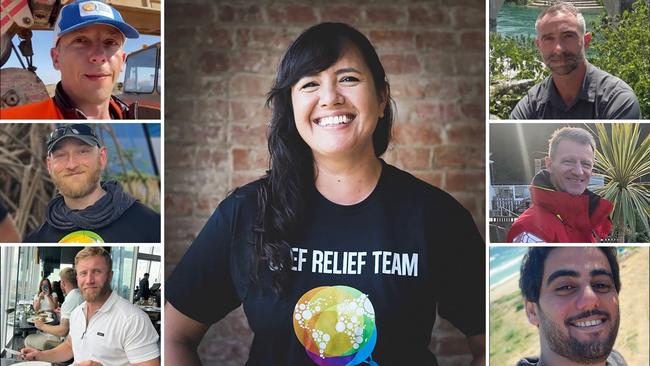
Months into his mission distributing free meals for World Central Kitchen in the shattered towns of the Gaza Strip, Polish aid worker Damian Soból was still his characteristically cheery self.
His biggest complaints in the midst of a grinding war were that phone reception was poor and that Israeli military restrictions on movement within the Palestinian enclave slowed the charity’s operations.
“Without IDF approval we cannot even move more than 100m,” he texted a friend in Europe last month.
“At least they know where you are so they won’t bomb you,” his friend replied. “All depends,” he replied, adding a laughter emoji and a grinning face with sweat.
Two weeks later, Soból and six of his colleagues were dead, killed by an Israeli drone strike that targeted their cars as they drove along the Mediterranean coast. They were returning from a World Central Kitchen warehouse after accompanying trucks that were distributing food the aid group brought in for hungry Palestinians.
World Central Kitchen had provided the details of the mission’s locations, route and timing to the Israeli military, as humanitarian groups operating in Gaza regularly do to avoid being mistakenly caught in the fighting. The convoy passed through Israeli checkpoints, travelled a road regularly used for aid deliveries and was marked with the charity’s logo, yet it was still struck. The aid workers were unarmed.
An Israeli military probe found World Central Kitchen’s notification was mishandled internally and never reached the field commanders, who themselves violated the military’s own procedures in ordering the strike without evidence that anyone was armed.
The killings late Monday brought attention to a pattern of deaths among aid workers and set off a global firestorm of criticism about Israel’s conduct of the war. Under heavy pressure from the US, Israel dismissed two officers, disciplined three more and opened more crossings for humanitarian aid.
World Central Kitchen – founded by celebrity chef José Andrés and one of the most important providers of food assistance in Gaza – said the moves were insufficient to protect aid workers and demanded an international investigation.
That morning, the World Central Kitchen team headed out from their base in Rafah to meet up with a barge that had just arrived from Cyprus. The aid group had chartered the barge and was unloading it via a makeshift jetty it helped build in an area that the Israeli military had cordoned off.
They travelled in two armoured vehicles and another ordinary one. They were glad to have the extra protection of the armoured cars, which they’d started using just three days earlier after trying for six months to bring them in, Andrés said.
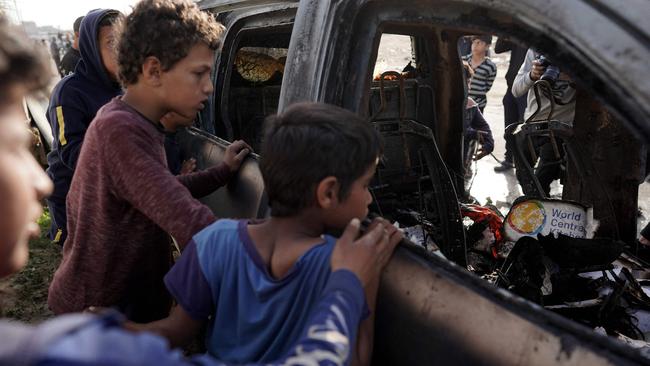
The deaths of nearly 200 aid workers since the war began in October and a number of recent close calls already had everyone wary. Two days earlier, an Israeli sniper had taken a shot at a World Central Kitchen vehicle near the group’s jetty, in the northern Gaza Strip, shattering a side mirror. The aid group asked for an explanation but never heard back from the military, which didn’t respond to a request for comment.
Soból, 35, joined World Central Kitchen in 2022 serving meals to Ukrainian refugees who fled to Poland after the Russian invasion. He served meals last year to survivors of earthquakes in Turkey and Morocco, then went to Egypt to help scale up operations in Gaza.
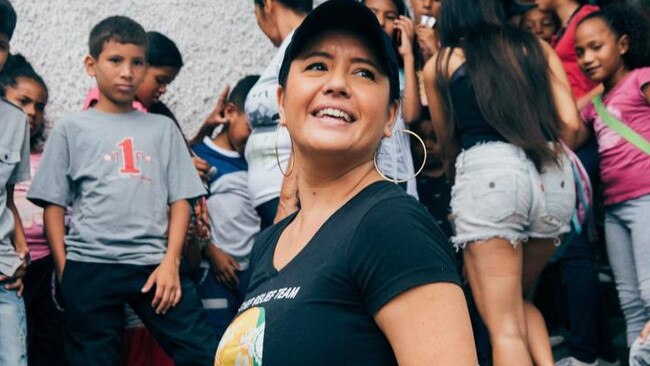
He was accompanied by Australian Zomi Frankcom, who was one of World Central Kitchen’s first global hires and who led the team, and Jacob Flickinger, a Canadian military veteran with US citizenship who began working with the charity last year in Mexico and was days away from completing his one-month stint in Gaza.
With them were Saifeddin Abutaha, a Palestinian driver and translator, and three British security advisers: Jim Henderson, 33, who served in the Royal Marines; John Chapman, 57, who served in a Marines Special Forces unit; and ex-Army rifleman James Kirby, 47, who had served in Afghanistan.
The team crossed one Israeli checkpoint between south and north Gaza but were stopped by soldiers at the entrance to the jetty zone, according to a World Central Kitchen spokeswoman. A colleague who operated the crane that offloads crates from the barge onto flatbed trucks was held up there for hours, she said.
World Central Kitchen aims to get its staff home by 4.30pm every day, but the delay that day forced it to travel at night. Around 10pm, eight trucks loaded with rice, pasta, flour, dates and canned food left the pier and headed south to a warehouse about 8 miles (13km) away, in Deir al-Balah.
Israeli drones buzzed overhead, tracking their movements through the darkness. The military said half an hour into the drive it observed a fourth vehicle join the convoy and what it determined was a militant on top of one of the trucks open a burst of gunfire – which it considered a typical practice to frighten away civilians who might try to stop the convoy.
Seeing the gunfire, the military tried to reach the aid workers by phone. Getting no answer, they called a World Central Kitchen security representative in Europe, who also failed to reach the team on the ground.
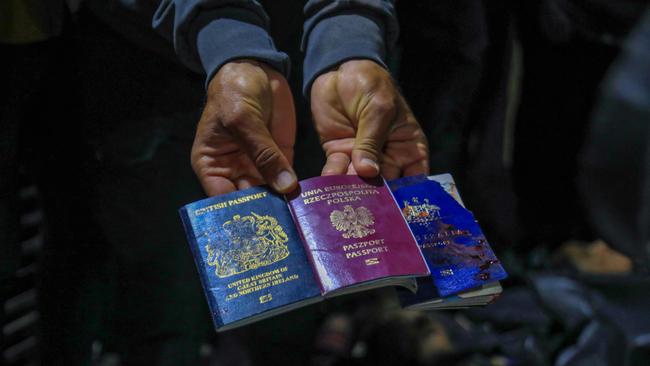
Fifteen minutes later, the trucks reached the warehouse in Deir al-Balah and began unloading. One passenger car turned off and headed to another warehouse, while the seven World Central Kitchen workers returned to the coastal road in their three cars. The military team spotted something slung over the shoulder of one of the passengers, possibly a bag, which it wrongly assumed to be a weapon.
At 11.09pm, the first strike tore a hole through the roof of one of the armoured cars emblazoned with the charity’s colourful pan-shaped emblem, which the military said it couldn’t see from the drones at night. At least some of the passengers survived and escaped to the other vehicles, which raced down the road.
The team frantically tried to call the Israeli military. Two minutes later, another missile hit the second car. This time, two passengers fled to the last remaining vehicle, but it also was struck after a couple of minutes. The cars were about 10 miles from the southern city of Rafah, where the team had planned to spend the night.
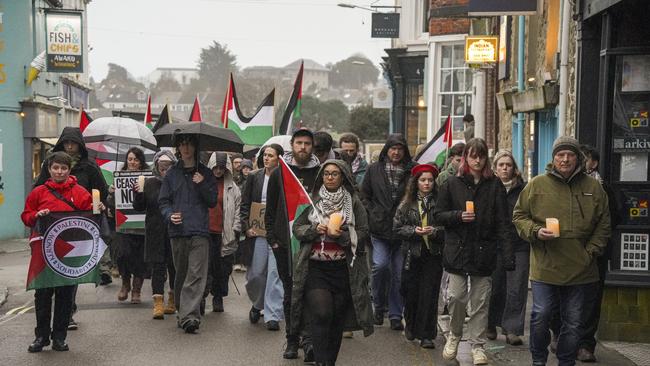
“They were targeted systematically, car by car,” said Andrés, the World Central Kitchen founder. “We were targeted deliberately, non-stop until everybody was dead in this convoy.” Abutaha, the slain Palestinian, studied in the United Arab Emirates and worked at the Dubai airport before returning to Gaza in 2021 when his father asked him to come home to help run the family business. The family operated a wheat mill in Rafah that was the territory’s largest before the war.
With good English and an easygoing nature, he had quickly become a valuable new member of the team. World Central Kitchen used the family’s wheat mill as its base.
About two hours before his death, Abutaha called his brother for the last time while the team waited to leave the pier in north Gaza. When his brother tried calling again later, he got a busy signal. Then a stranger answered and said the owner of the phone had just been killed.
“How?” his brother asked. The man on the other end of the line described the air strike. He said Abutaha’s body had been thrown from the car and landed on the ground about 10 feet away.
The Wall Street Journal


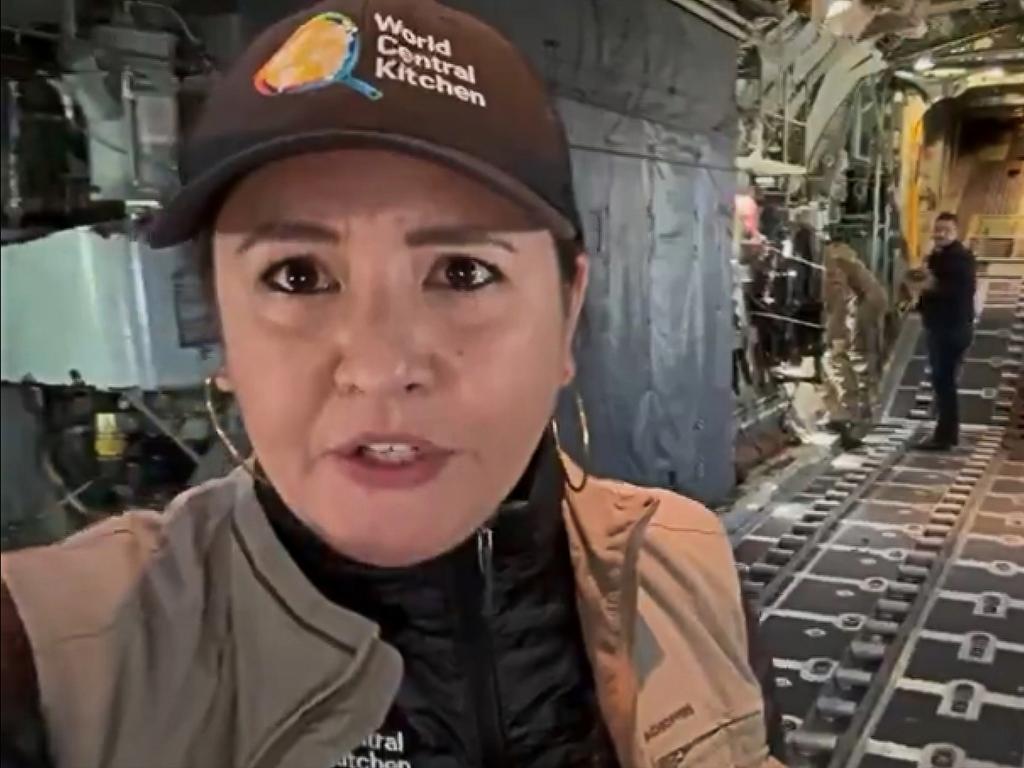
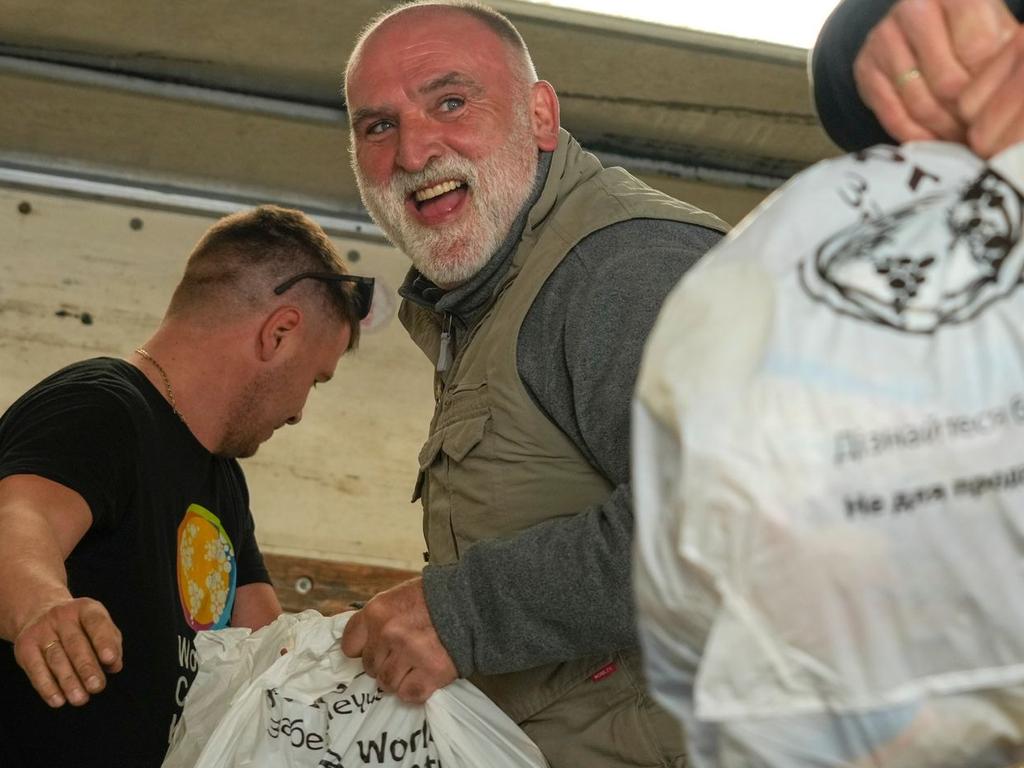
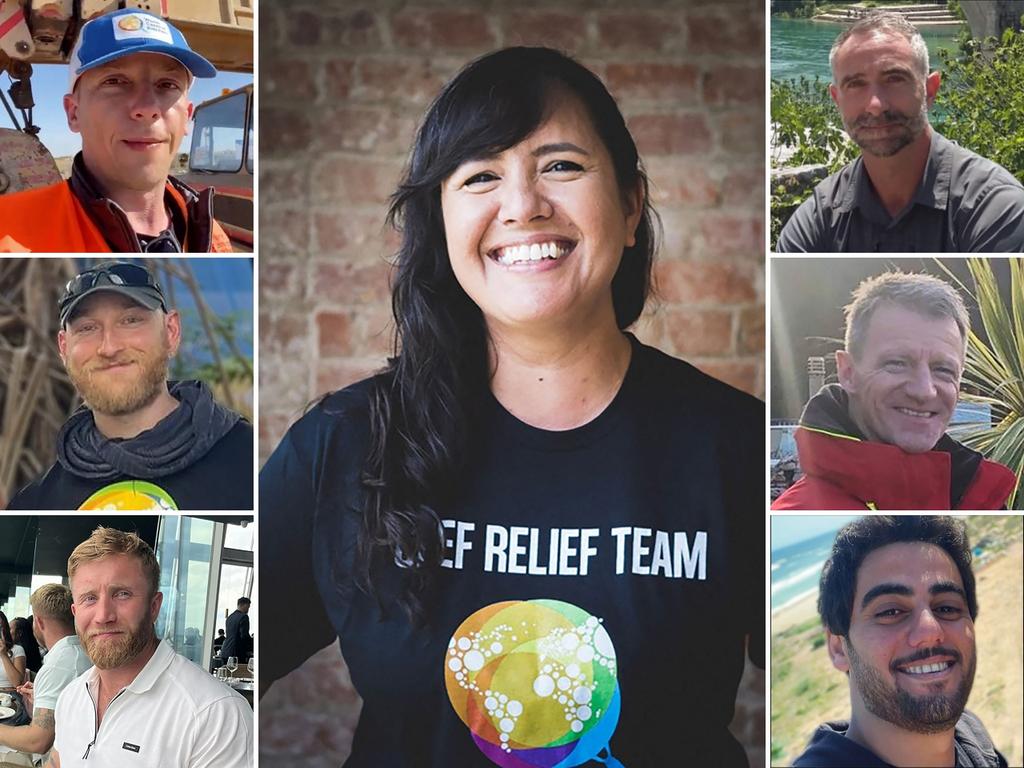
To join the conversation, please log in. Don't have an account? Register
Join the conversation, you are commenting as Logout